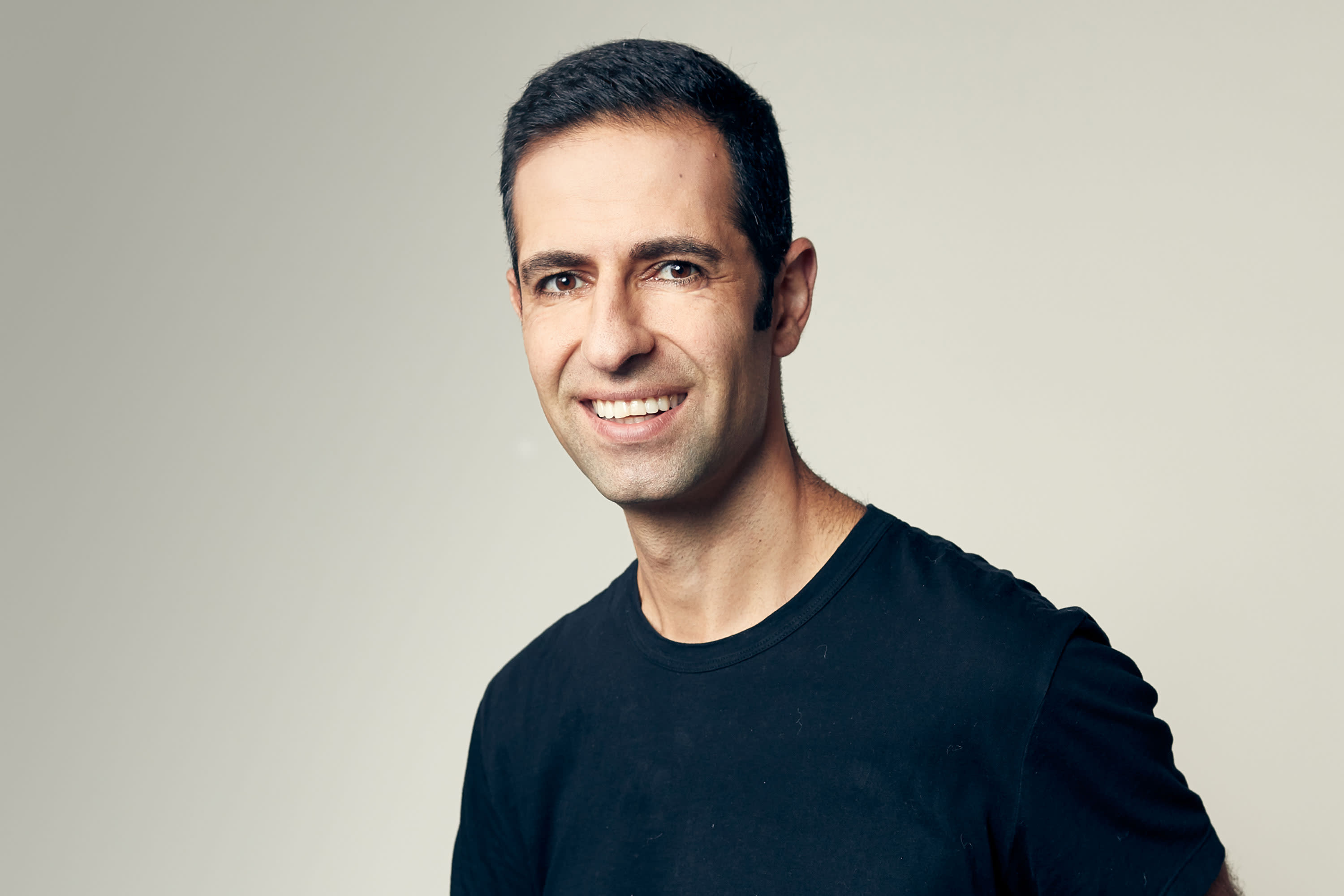AppLovin CEO followed a tangled path to become the newest tech billionaire

Adam Foroughi, AppLovin
Source: AppLovin
Five years ago, AppLovin co-founder Adam Foroughi thought he’d just sold his mobile advertising start-up for $1.4 billion. But the deal fell through. Now, as his company gets set to hit the public market, he’s personally worth close to twice that amount.
There are Silicon Valley whirlwind stories, and then there’s AppLovin.
Founded in 2011 to help app developers get discovered and make money, AppLovin grew up without the help of venture money, reckoned with a scrapped acquisition, raised a big private equity round and transformed itself into a leading game publisher by going on a buying spree.
AppLovin was valued at $28.6 billion in its IPO ahead of the start of trading on Thursday, based on a reported $80 share price, which was in the the middle of the expected range. Foroughi, who created AppLovin after starting a couple other ad tech companies, owns 27.9 million shares valued at $2.2 billion.
Foroughi, 40, is the latest tech entrepreneur to join the billionaire ranks in 2021, as public market investors continue piling into high-growth internet companies. Following Coinbase’s Nasdaq direct listing on Wednesday, co-founders Brian Armstrong and Fred Ehrsam own shares in the crypto exchange worth $13 billion and $5.8 billion, respectively. Roblox CEO David Baszucki owns a $5 billion stake in his gaming company. Affirm’s Max Levchin and Bumble’s Whitney Wolfe Herd are also billionaires.
For Foroughi, going public wasn’t originally part of the script.
In September 2016, he agreed to sell a majority stake to Chinese investment firm Orient Hontai Capital in a deal that valued the whole company at $1.4 billion. At the time, he called it “a great day for AppLovin,” adding that there was a lot of interest in the company but he chose Orient Hontai “because of their strong connections in the Chinese market.”
However, it was bad timing for such a deal, as the U.S. government had started aggressively clamping down on efforts by Chinese investors to take large stakes in American companies. The Committee on Foreign Investment in the U.S. (CFIUS), part of the Treasury Department, scuttled numerous deals and forced significant divestitures mostly in and around the tech industry.
In November 2017, Foroughi wrote in a blog post that the company was instead taking an $841 million debt investment from Orient Hontai, meaning AppLovin would keep “full control of our business while accessing additional capital to help finance our continued global growth.”
Becoming a game developer
AppLovin changed course and wound up as one of the leading players in the surging market for mobile gaming.
In mid-2018, the company raised $400 million from KKR Denali (an affiliate of private equity firm KKR) at a $2 billion valuation and used that money to launch a games division that would acquire studios and develop apps.
Since then, AppLovin has invested $1 billion across 15 acquisitions and partnerships, according to its prospectus. Key purchases include Machine Zone, maker of Game of War: Fire Age and World War Rising. It also bought Magic Tavern, creator of puzzle game Project Makeover, and Peoplefun, developer of Wordscapes.
Revenue in 2020 climbed 46% to $1.45 billion. Almost all of AppLovin’s growth came from its new consumer business, which is largely driven by in-app purchases in games. The company’s business revenue, its traditional ad division, grew 19%, while sales in the apps division jumped 86% to $739.9 million, accounting for just over half of total revenue.
To generate that level of expansion, AppLovin has had to dramatically increase spending, paying employees at the companies it acquired, as well as on user acquisition and advertising costs to lure customers. Research and development costs quadrupled last year and administrative expenses more than doubled, leaving AppLovin with a net loss of $125 million after the company was profitable in 2019.
But tech investors are paying for growth at the expense of profit, and AppLovin’s valuation has jumped about fourteenfold in under three years. KKR is poised to be the biggest beneficiary. The firm has parlayed its $400 million investment into a stake worth about $8.8 billion.
In Foroughi’s shareholder letter in the prospectus, he reminds employees and investors how different the world was a decade ago, when the company was trying to raise money to help developers promote their apps.
“When we founded AppLovin in 2011, we thought our vision for solving the mobile app discovery problem was exactly the kind of big idea that every venture capitalist would love,” Foroughi wrote. “Maybe it just wasn’t the right timing, but not a single VC chose to invest with us after countless meetings.”